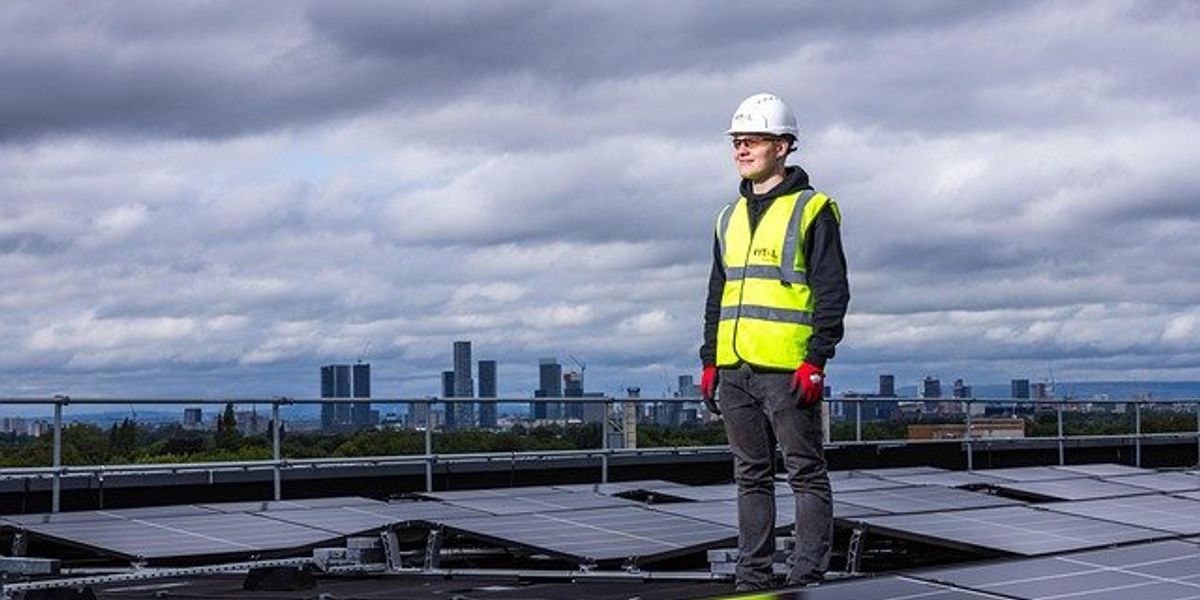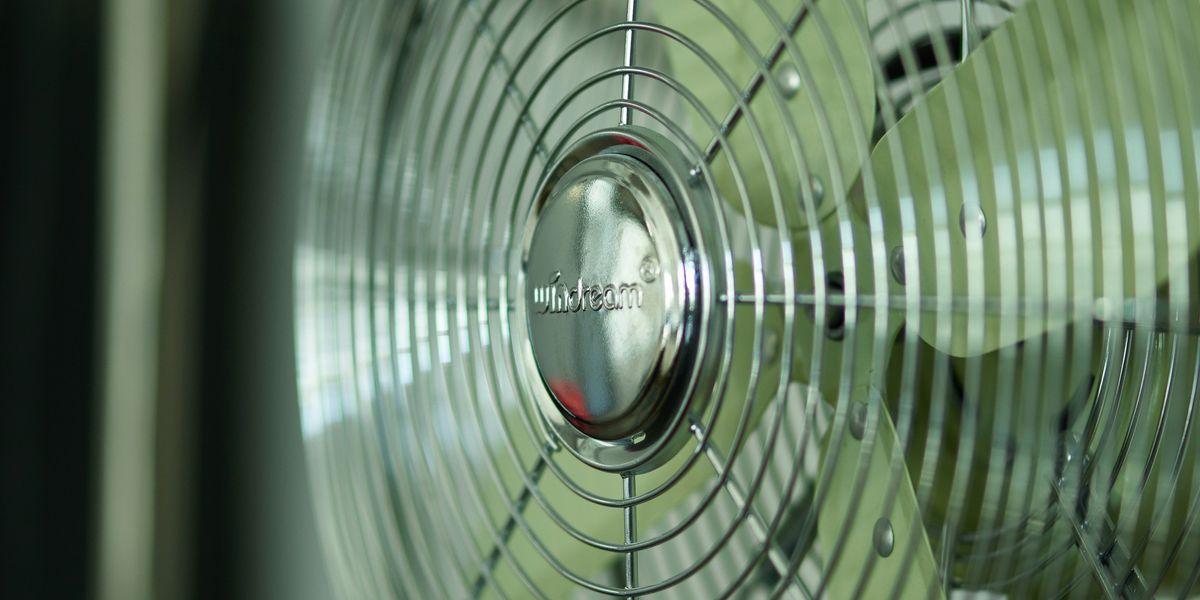
House Republicans push to end solar tax breaks, putting rooftop systems out of reach for many
For nearly 20 years, federal tax credits have helped homeowners afford rooftop solar panels, but a new House proposal would end those incentives at the close of 2025, potentially stalling solar growth and driving up energy costs for families.
In short:
- House Republicans proposed ending the 25D solar tax credit — a key incentive that offers homeowners a 30% break on solar installation costs — by the end of this year, instead of the planned 2034 timeline.
- The move would also limit the 48E credit used by businesses for third-party solar installations by tightening sourcing requirements on solar components, many of which currently come from China.
- Industry analysts expect a short-term rush to install systems before the credit expires, followed by a steep decline in installations and job losses across the sector.
Key quote:
“It’s going to be devastating for companies, their employees, and their customers. It’ll kill an industry that supports hundreds of thousands of workers and tens of billions of dollars in investment every year.”
— Sean Gallagher, senior vice president of policy at the Solar Energy Industries Association
Why this matters:
Federal tax incentives have helped scale residential solar across the U.S., cutting household energy bills, creating hundreds of thousands of jobs, and reducing carbon emissions from fossil fuels. Removing these credits could reverse years of clean energy gains, especially in lower-income communities that rely on subsidies to afford solar installations. The uncertainty is already cooling investor confidence and forcing solar companies to lay off workers.
Learn more: Republicans push to end EV and green energy tax breaks in new budget bill













